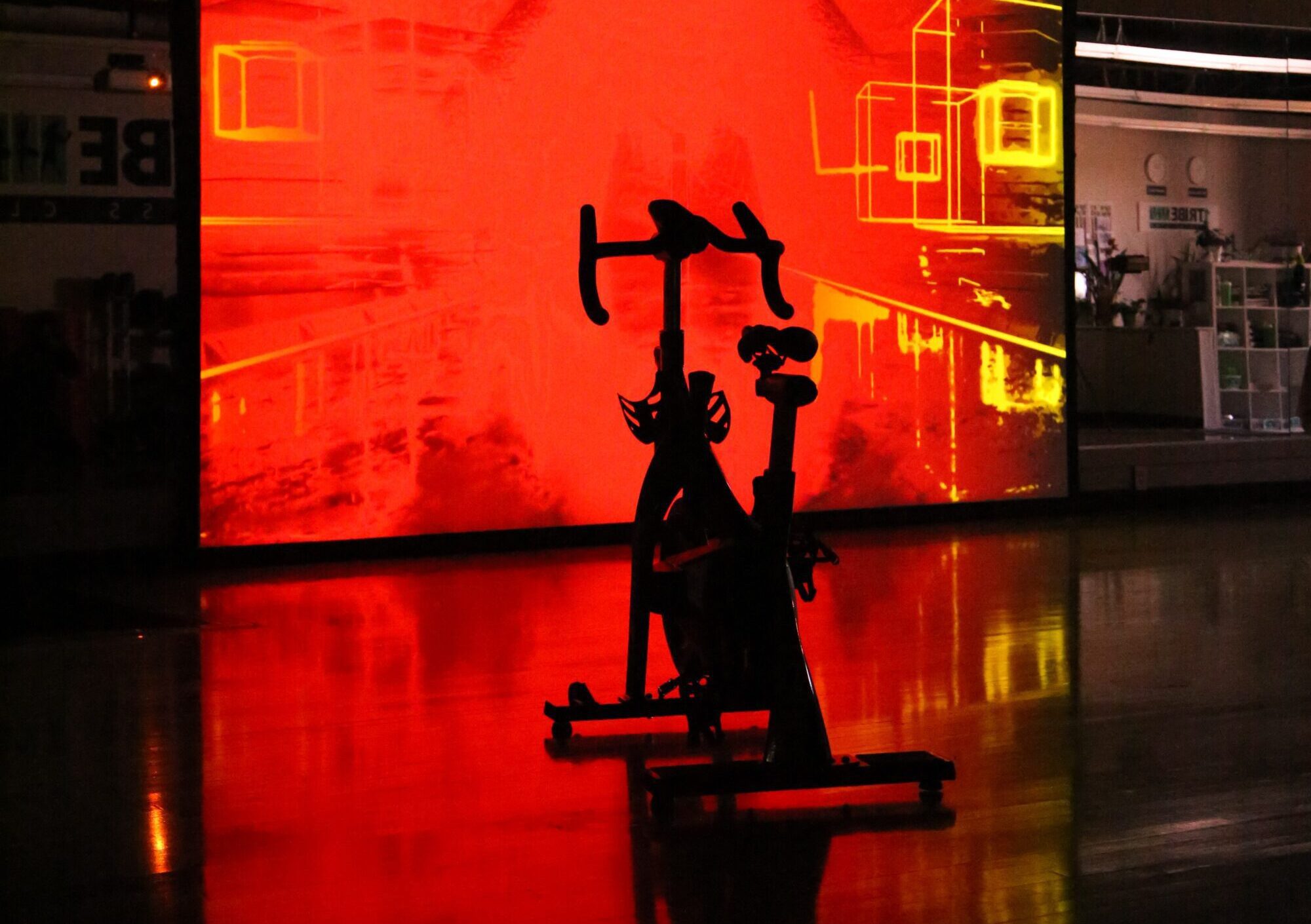A group of former and current Peloton workers employed at company warehouses in Riverside County and Northern California are suing the bike and treadmill maker, alleging various state Labor Code violations, including denial of meal and rest breaks as well as overtime and reimbursement for personal expenses.
The Los Angeles Superior Court suit was brought under the state’s Private Attorneys General Act, which authorizes allegedly “aggrieved employees” to file lawsuits to recover civil penalties on behalf of themselves, other employees and the state for purported Labor Code violations.
“(Peloton’s) policies, practices and procedures require plaintiffs … to routinely skip their meal and rest breaks, or cut their meal and rest breaks short, yet do not provide them with requisite premium payments for missed meal and rest breaks,” the suit filed Friday alleges.
Peloton’s alleged conduct was “willful” and “carried out in bad faith,” the suit further alleges.
A Peloton representative did not immediately reply to a request for comment.
The plaintiffs and “aggrieved employees” include Joshua Reyes, a former warehouse associate, and Timothy Van Nortwick and Salvador Pulido, ex- assembly technicians, who all worked until earlier this year at the company’s warehouse and distribution center in Perris in Riverside County. Other plaintiffs and “aggrieved workers” were employed at Peloton warehouses at San Jose, Richmond and Newark in Northern California.
The plaintiffs and “aggrieved employees” are denied meal breaks either because Peloton requires they work through their breaks or due to the workers being too busy to have time to take such breaks because of the high workload and staff shortage, the suit alleges.
One plaintiff alleges he usually received two rest breaks during a five- to six-day workweek due to the amount of work Peloton required him to complete and the lack of staff to relieve him, the suit states.
At the height of the COVID-19 pandemic, the plaintiffs and “aggrieved employees” were required to undergo daily temperature screenings before they were able to clock in for their shifts, but were not paid for the five to 10 minutes it took to do so, nor did they get overtime pay for the time off-the- clock spent communicating with clients, supervisors and co-workers, the suit states.
Some “aggrieved employees” are also required to use their personal vehicles to travel between customers’ homes, installation work sites and/or work facilities to handle installations and provide customer service without reimbursement, the suit states.







